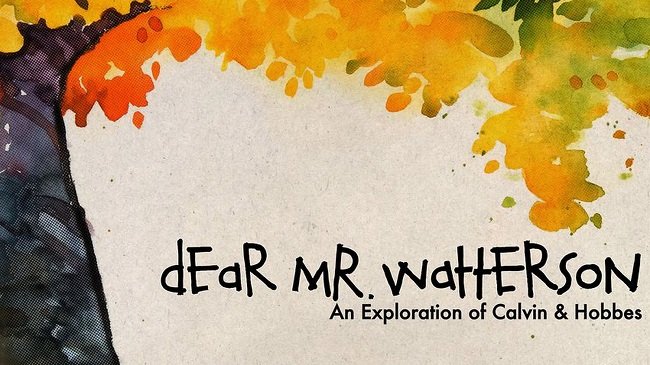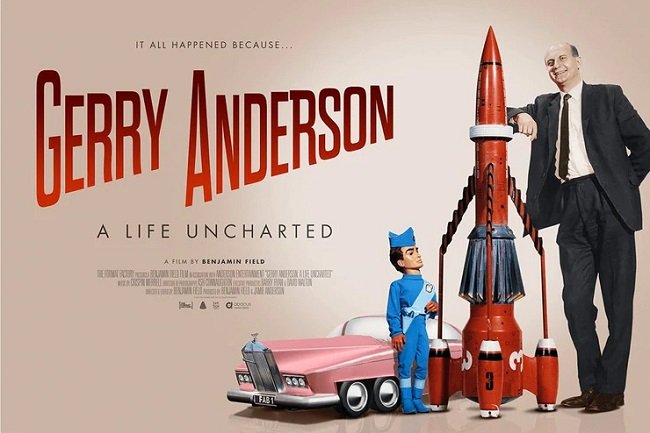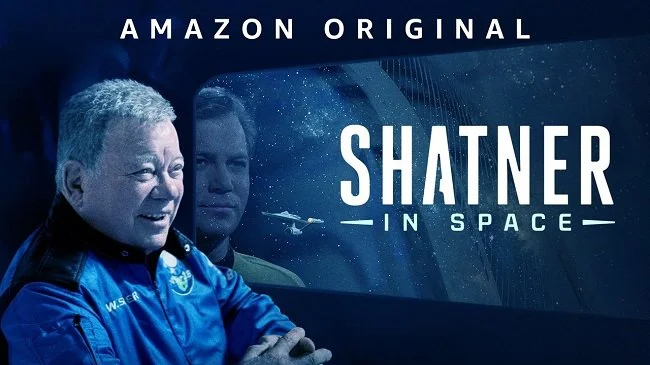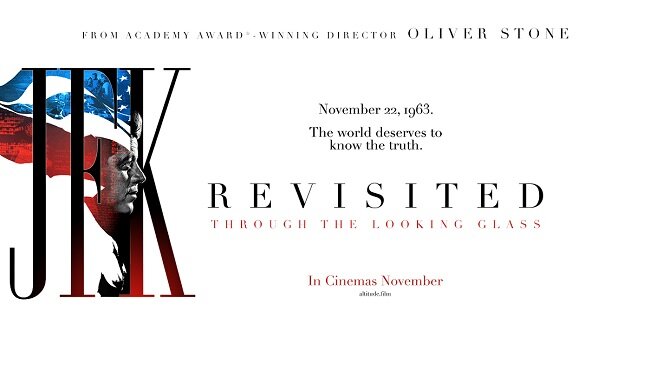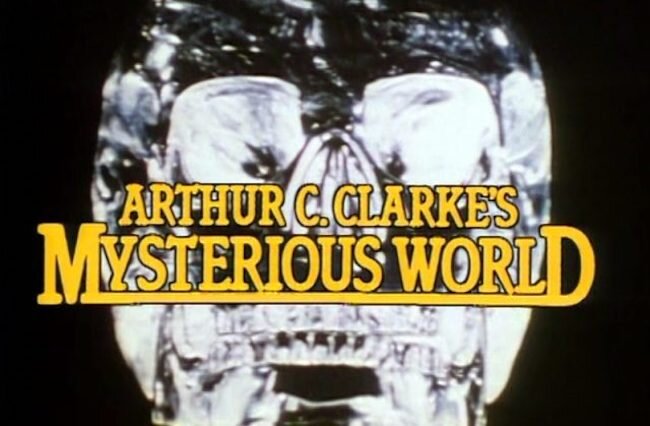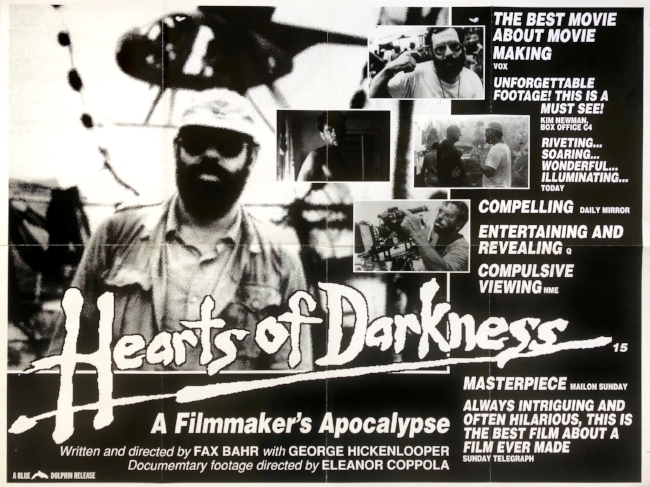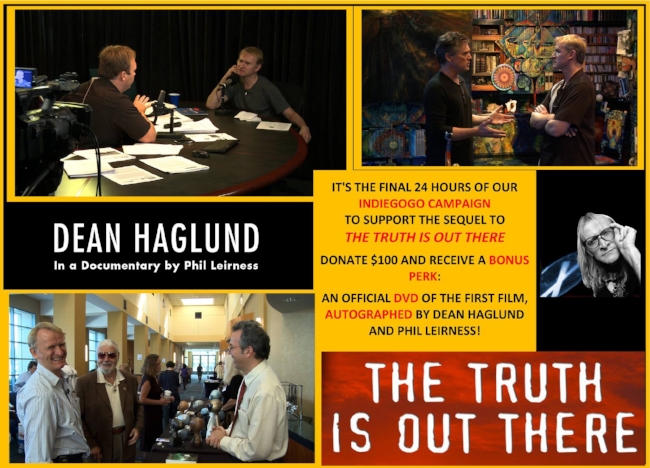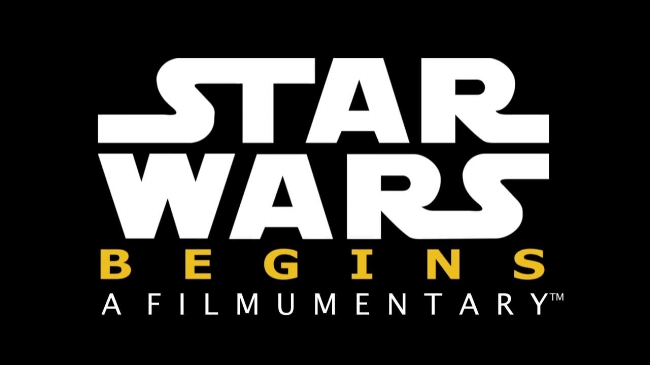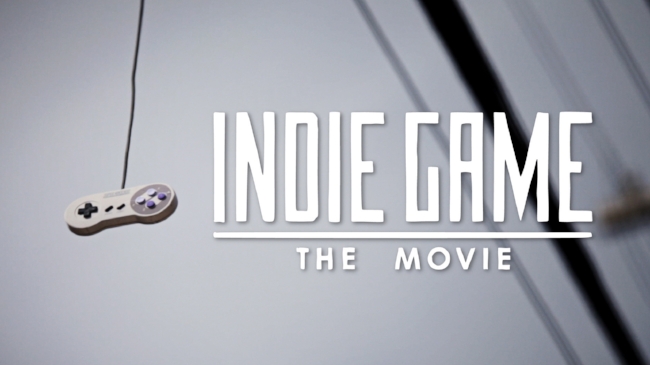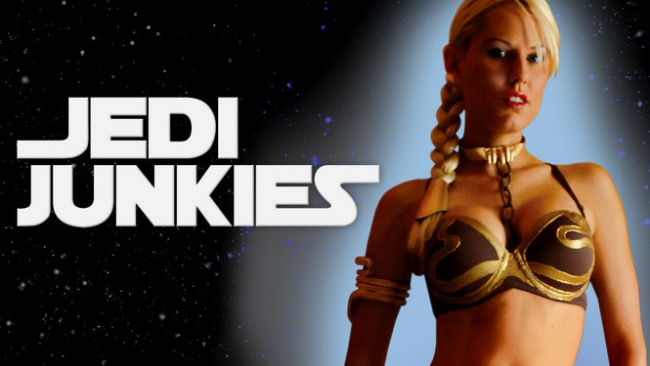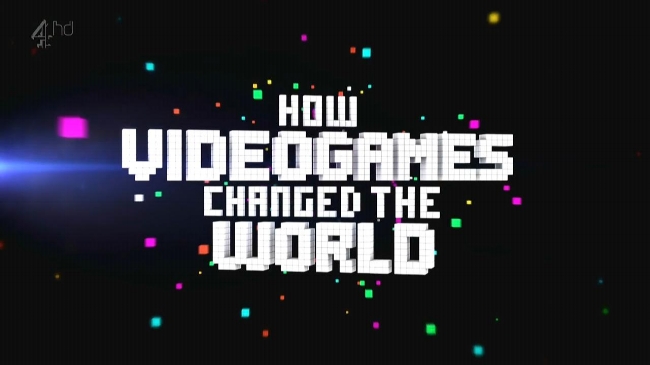How Videogames Changed the World (2013)
Considering the mainstream popularity of gaming, there is a distinct lack of related content on television. Journalist, writer and social commentator Charlie Brooker attempted to address this in 2009 with Gameswipe but the show remained a one-off production. Then again in late 2013, he had another crack at the subject with the documentary How Videogames Changed the World, providing a broad overview on the genre, exploring key events and titles from the past forty years. As ever with Mr. Brooker, the commentary was intelligent and acerbic. There was also an interesting and diverse selection of talking heads who spoke from personal experience, rather than the usual scripted garrulous inanities.
The documentary covers a lot of ground, exploring a lot of the usual controversies and debating points that inevitably stem from gaming. The subject of violence is objectively pursued with a very even hand. The cathartic nature of managed fantasy compared against the mean-spirited nastiness of certain titles. Cyber-psychologist Berni Goode raises the matter of "flow; the concept of being totally absorbed in an activity. It would appear that gaming, like knitting can be very theraputic for low-level mental health issues, such as mild depression. Then off course there’s the thorny issue of sexism, misogyny and the objectification of women. Perhaps writer Keza MacDonald sums it up the best.
"It's not so much gaming culture that's unfriendly to women. It's internet culture".
How Videogames Changed the World is far from a male dominated undertaking, with women tech journalists and game writers being fully represented, by the likes of Kate Russell, Aoife Wilson and Rhianna Pratchet. The ubiquitous Felicia Day also makes an appearance; however it would have been a serious omission not to have done so. The show also references Anita Sarkeesian and Feminist Frequency and the associated hate campaign that has arisen. The old chestnut regarding whether game icon Lara Croft is a role model and an empowered female, or just a male fantasy is dutifully trotted out, with surprising results. One conclusion was that over the last three decades, in-game avatars have evolved beyond their original questionably purpose into clearly defined characters. Commander Shepard being a prime example of this.
What How Videogames Changed the World manages to achieve is show how gaming had become a mainstream cultural norm. The rise of "inclusional" gaming via the Nintendo Wii and the significance of Minecraft as educational tool demonstrates the wider impact of games. The rise of e-sports seems to have put pay to the notion that people don't want to watch other people play games. People often find the undertaking of any competitive, skilled based activity to be compelling viewing. Comedian Dara O' Briain also layed to rest the rather tedious argument that gaming is a solitary pastime of little value. A sound-bite that is frequently espoused by those who's major leisure activity is passively watching television.
Given the ninety-minute running time and the scope of the project, it would be unfair to expect How Videogames Changed the World to be the last word on the subject matter. It does however choose a very eclectic selection of key titles to validate its arguments such a Shadow of the Colossus and PaRappa the Rapper. The documentary does not make the fatal mistake that many gamers do, of being too defensive about that which they are passionate about. The unpleasant world of FPS culture and trash talk is not justified in any way and shown for exactly what it is. Mr. Brooker also shows how games had developed a greater sense of narrative depth and social conscience with titles such a Papers Please and The Last of Us.
Perhaps the real reason why gaming has not become a regular feature of the television schedules, is because it has outgrown that particular medium. May be Twitch TV and the like are now the true home of gaming, providing content, news and information on demand direct to a suitable platform. Certainly, the integration of gaming and social media continues, as the next-gen consoles so clearly demonstrate. It can even be argued that Twitter itself is a form of "gamification". Overall it seems that it is not just the technology but the culture and even the ideology of gaming that continues to bleed out in to popular culture.
How Videogames Changed the World is unfortunately no longer available on the 4OD website. However, I would suggest a search of YouTube as an alternative source. Sadly, there are precious few quality documentaries about gaming at present. What is available is either too niche or made by those who are a little too close to the subject, thus lacking in objectivity. Therefore How Videogames Changed the World comes highly recommended to both lifelong gamers and those who have an interest in what "all the fuss is about".



